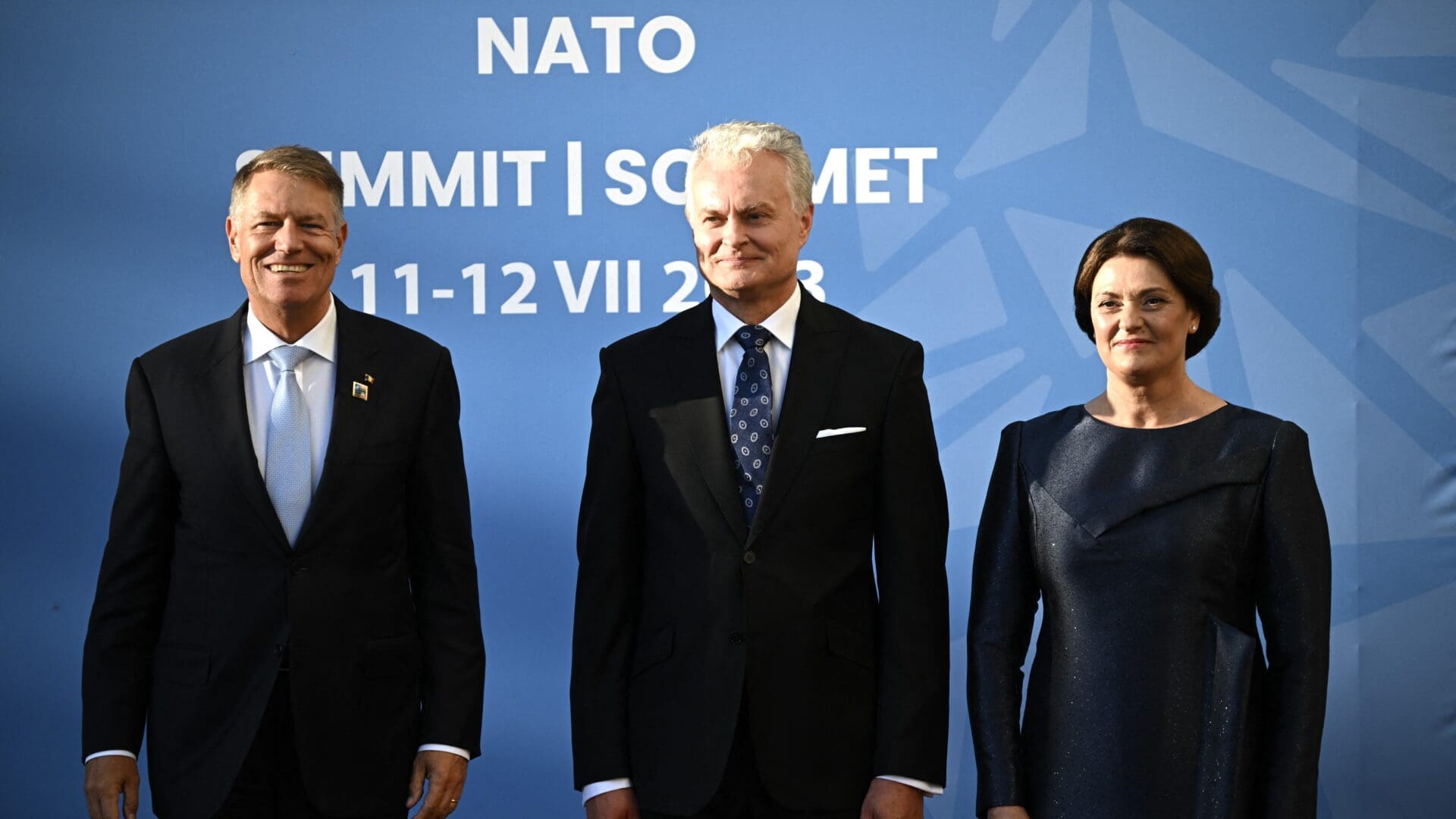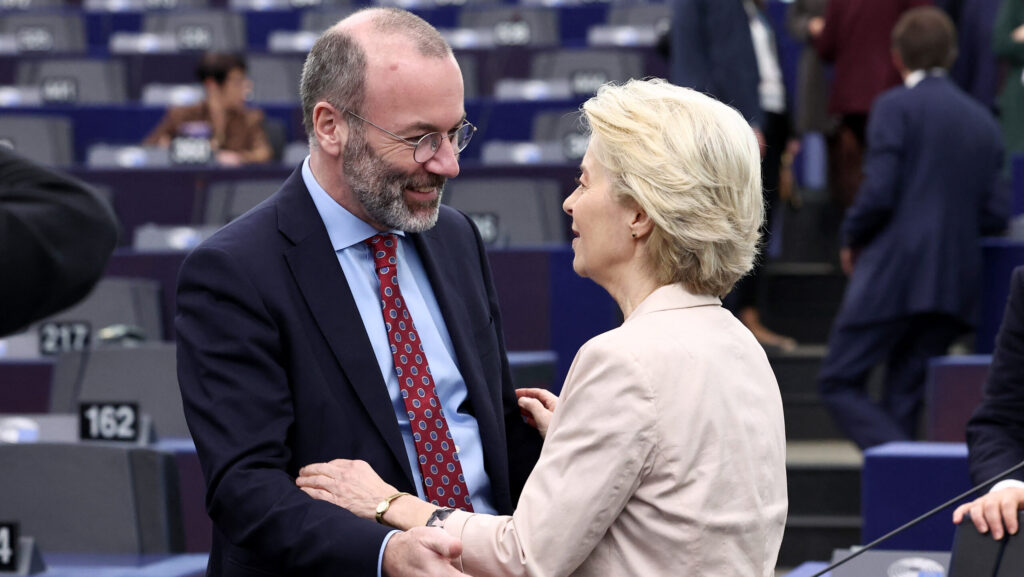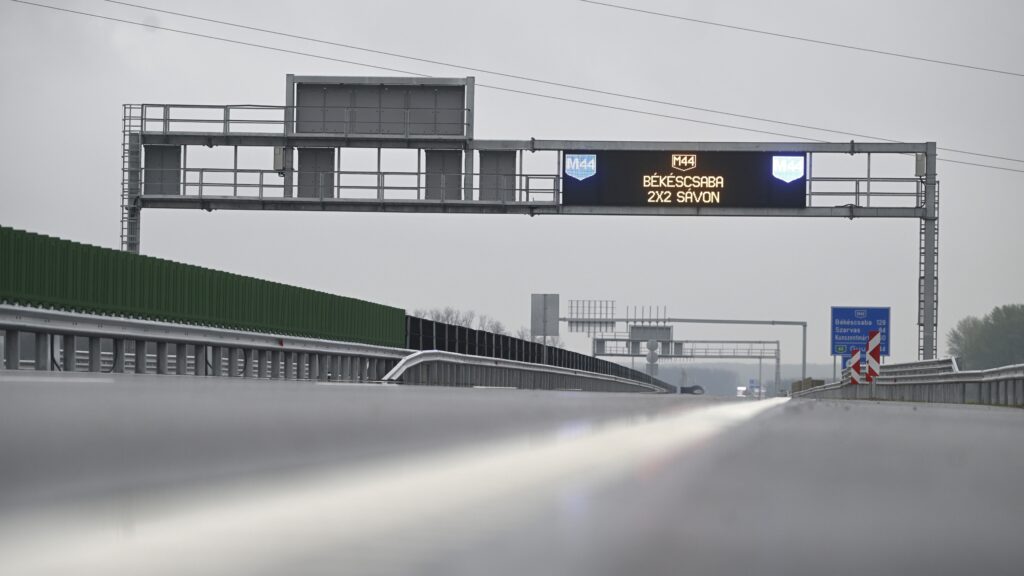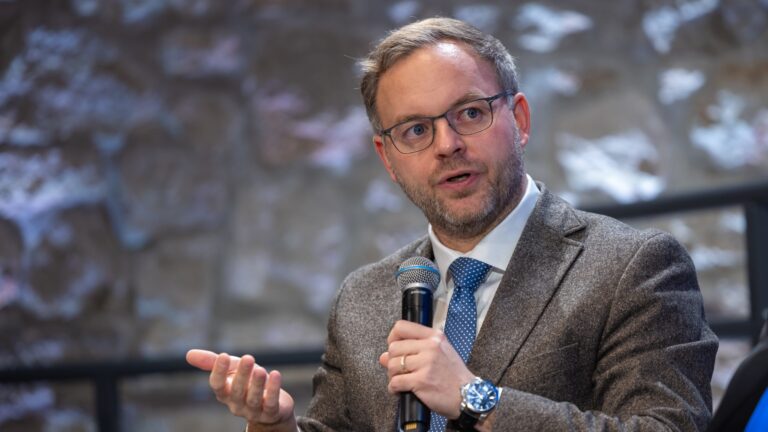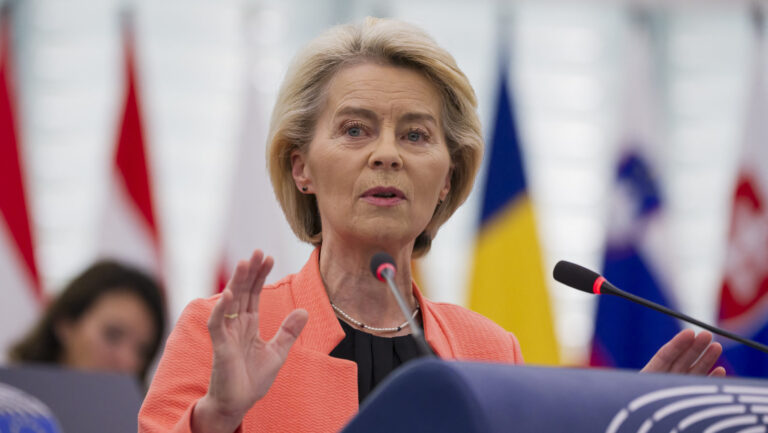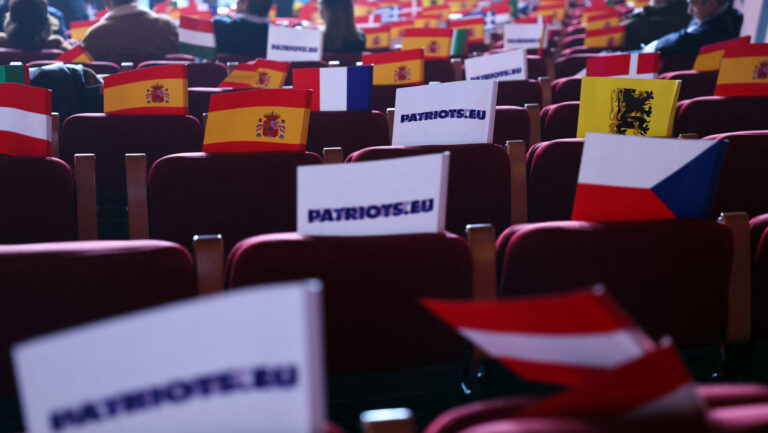The current Secretary General of the North Atlantic Treaty Organisation, Jens Stoltenberg has been in office since 2014. Stoltenberg’s mandate had been extended three times—in 2018, 2022 and 2023—so it is high time for the Alliance to look for a new chief. There is no shortage of candidates for the role. One of the so-called favourites is Dutch premier Mark Rutte. According to POLITICO, Rutte has already gained support from about two thirds of the states that form the Alliance (including members like the USA and Germany).
Majority support is not necessarily enough, however, for the position—traditionally, unanimous consensus is needed to elect the next NATO Secretary General (the examples of not unanimously elected NATO Secretary Generals are rare, but they include Stoltenberg’s predecessor, Anders Fogh Rasmussen who was not supported by Türkiye). In fact, Hungary strongly opposes Rutte’s candidacy with Hungarian Minister of Foreign Affairs and Trade Péter Szijjártó recently announcing that Hungary ‘certainly can’t support the election of a person to the position of NATO’s Secretary General who previously wanted to bring Hungary to its knees’, quoting one of Rutte’s earlier comments on Hungary.
NATO Secretary General Race Intensifying – But Hungary Has Objections | Hungarian Conservative
Former Dutch Prime Minister Mark Rutte is the frontrunner to become NATO’s next Secretary General, with the support of Washington, London, Berlin, and Paris. However, Hungary has expressed objections regarding the Dutch politician’s candidacy. As a consensus is required for his election, a Hungarian veto could potentially lead to Rutte’s downfall.
Else than Hungary’s objection, it has also been pointed out by other critics of Rutte that, despite his highly visible commitment to supporting Ukraine as prime minister,
the Netherlands consistently falls short of meeting the 2 per cent of GDP threshold.
There are alternatives to Rutte, however; candidates that might not enjoy widespread support as of now but are less divisive. Romanian President Klaus Iohannis, for one, recently announced his candidacy for the role. Iohannis, who was born into a Transylvanian Saxon family, has been serving as the President of his country since 2014. Signalling Hungary’s preference for Klaus Iohannis over Rutte Szijjártó recently stated: ‘In NATO’s history, a Central or Eastern European state has never held the position of Secretary General. It is high time we addressed this, especially given that the main security challenge is currently coming from this direction.’ Szijjártó was obviously referring to the war on Ukraine when he reminded the Alliance that threats are coming from the East, and that therefore it would be fitting to select its new leader from a country on NATO’s Eastern flank. Joining Hungary’s careful endorsement of Klaus’ bid, Juraj Blanar, the Slovak foreign minister also said that he finds Klaus’ candidacy ‘legitimate’. However, just as Slovakia’s, Hungary’s support for President Iohannis is not self-evident, considering that Klaus was accused of fuelling anti-Hungarian sentiments during the COVID pandemic when he accused the Socialist Democratic Party and the Hungarian minority party UDMR of conspiring ‘to give Transylvania to Hungary’—a comment that was found highly provocative by the Hungarian ethnic community living in Romania.
Not only Central European states, but the Baltic countries as well echo the idea that NATO should elect its next leader from the CEE region. Baltic states leaders, and in particular former Latvian prime minister (the incumbent foreign minister) Krišjānis Kariņš argue that it is time for the Atlantic alliance to choose its Secretary General from the Baltics. Latvia invests more than 2 per cent of its GDP in defence, and has emerged, similarly to the other Baltic states, as one of the staunchest supporters of Ukraine’s cause. A more likely candidate from the Baltics was Estonia’s incumbent prime minister Kaja Kallas who also expressed interest in the NATO chief role, but before even officially announcing her candidacy, she confirmed in early April that Estonia will be backing Mark Rutte.
Alongside Kallas there was another female politician who was believed to be considering vying for the role: European Commission President Ursula von der Leyen. Albeit late last year she seemed to be a promising candidate, it is believed that German chancellor Olaf Scholz seriously opposed the idea of having von der Leyen as next NATO leader. Scholz argued that her ‘radical opposition’ to Moscow might unnecessarily complicate things with the Kremlin once the Ukraine war is over. Also, since in mid-February von der Leyen announced that she will be seeking re-election as President of the Commission, it is unlikely that she will enter the race after all.
Related articles:

